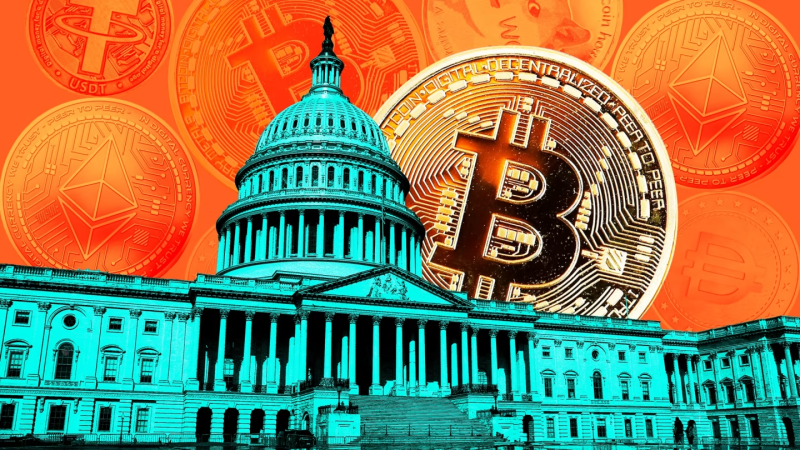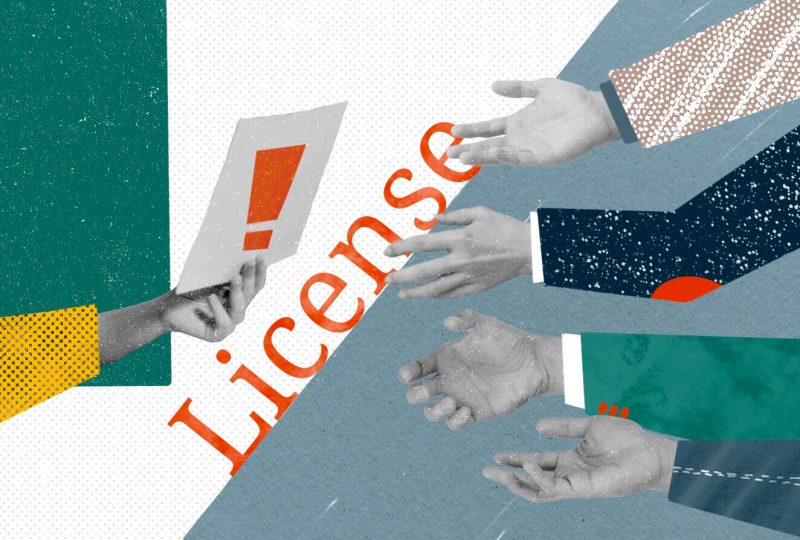Crypto US Legislation is Coming Soon in 2025 – What is its Purpose?
Dec 27, 2024

The US presidential elections and Bitcoin grabbed the spotlight this year, with many speculations and changes happening in these two areas. The triumphant Donald Trump has led the crypto talks in the US as a key to re-entering the Oval Office and recovering the national economy.
The president-elect promised to restore the country’s dominance in blockchain development and Bitcoin mining, outperforming China and preserving FinTech developments.
After suggesting a Bitcoin-backed national reserve and appointing a pro-crypto SEC chairman, the talk is now about introducing crypto US legislation. What is this news about? Let’s discuss.
Crypto Comes First for Trump
President-elect Trump capitalized on the frustration within the crypto space in the US as the national regulator, the SEC, has been cracking down on decentralized exchanges and crypto brokers.
After being held in Gary Gensler’s chokehold, cryptocurrency, and stablecoin developers saw redemption in Trump, who accepted Bitcoin donations in his campaign, promised to support coin mining, and vowed to bring back DEXs that left the country due to the tightening restrictions.
What Does a Crypto US Legislation Look Like?
The crypto legislation news took these developments to another level, as the new administration plans to integrate decentralized assets into multiple national agencies, regulations, and practices.
With several reforms expected to the crypto regulations in 2025, here’s what the US blockchain legislation will look like.
FIT 21 Act
The FIT21 Act aims to create a clearer regulatory framework for digital assets. It distinguishes between securities and commodities, and oversight will shift mainly to the Commodity Futures Trading Commission (CFTC), especially for assets like Bitcoin.
While this crypto legislation bill has passed the House, Senate approval remains uncertain. However, Paul Atkins, Trump’s new crypto-friendly SEC leader, is expected to influence some adjustments, particularly regarding decentralization definitions.
Stablecoin Regulations
The Clarity for Payment Stablecoins Act seeks to establish regulatory clarity and consumer protections for stablecoins, emphasizing criteria for developing and financial backings of stablecoins.
Discussions suggest it could be integrated into broader financial legislation or passed as a standalone bill, reflecting growing attention to stablecoin regulation in financial policy.
Bitcoin Reserve
Earlier this month, the plan for Strategic Bitcoin Reserve was announced. Senator Cynthia Lummis proposed a bill for the US Treasury to acquire one million Bitcoins over five years.
However, the bill faces hurdles due to limited bipartisan backing and potential opposition from Senator Warren, a Democrat on the Senate Banking Committee.
Digital Asset Market Infrastructure Bill
This pro-crypto legislation bill deals with aspects like custody and the integration of digital assets into traditional financial systems. There’s talk of it potentially passing in early 2025, suggesting a push towards infrastructure that supports crypto in financial and brokerage services.
Clearer Regulatory Environment
These reforms aim to set the game’s rules for participants, with Lawmakers led by Rep. French Hill prioritizing regulatory clarity for digital assets in the new Congress.
This effort could introduce multiple bills addressing areas like taxation and AML/KYC requirements, aiming to create a comprehensive framework that shapes the future of cryptocurrency regulation and fosters a more structured ecosystem.
Conclusion
The pro-Bitcoin president-elect is taking a holistic approach to recovering the economy through crypto US legislation. These reforms are part of Trump’s promise to boost the US market, dominate the decentralization world, and restore the country’s leadership in FinTech developments.
With the primary focus on cryptocurrencies and digital assets, will this be enough to stimulate the overall economy, which is suffering from inflation and interest rates?




